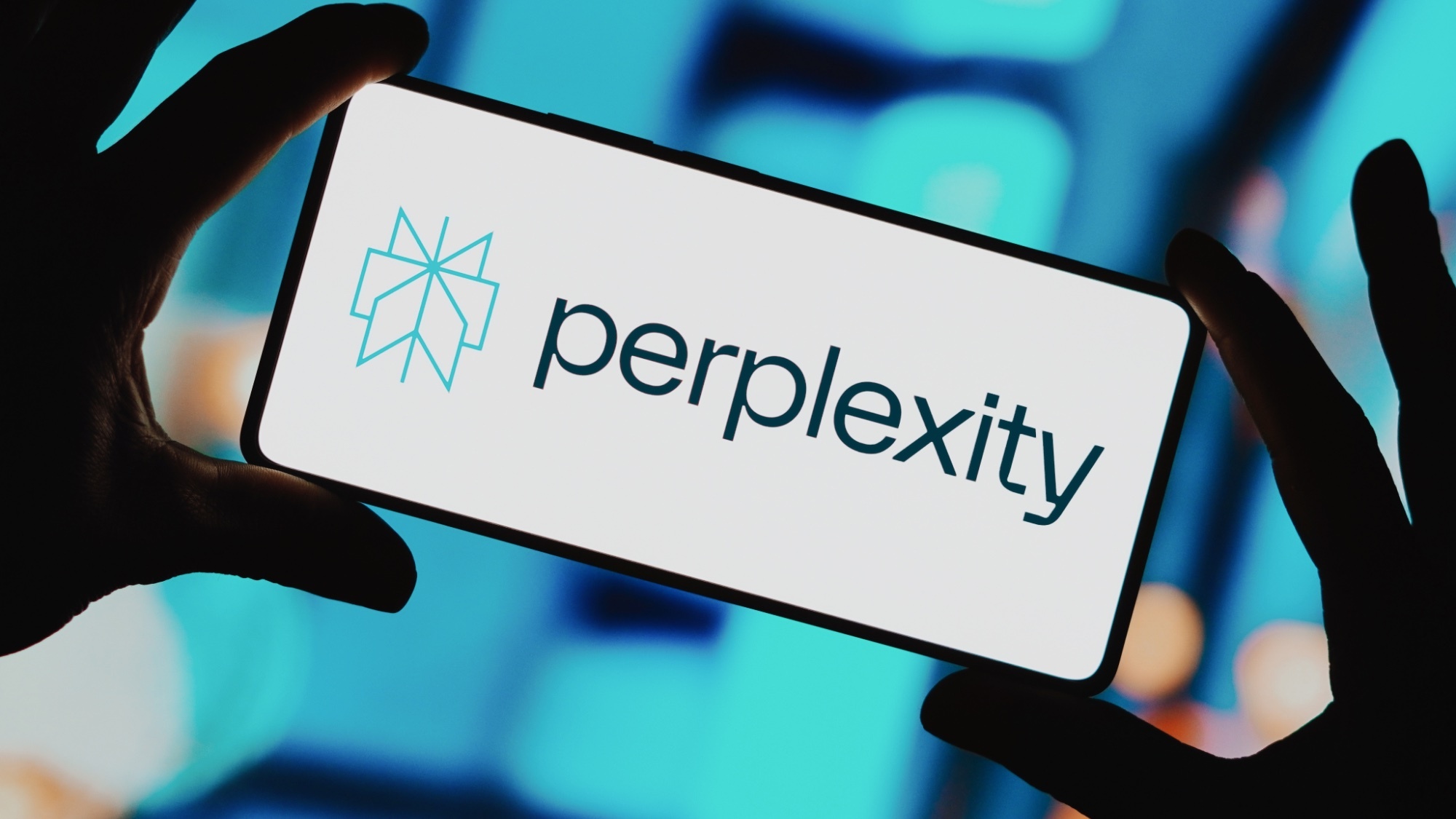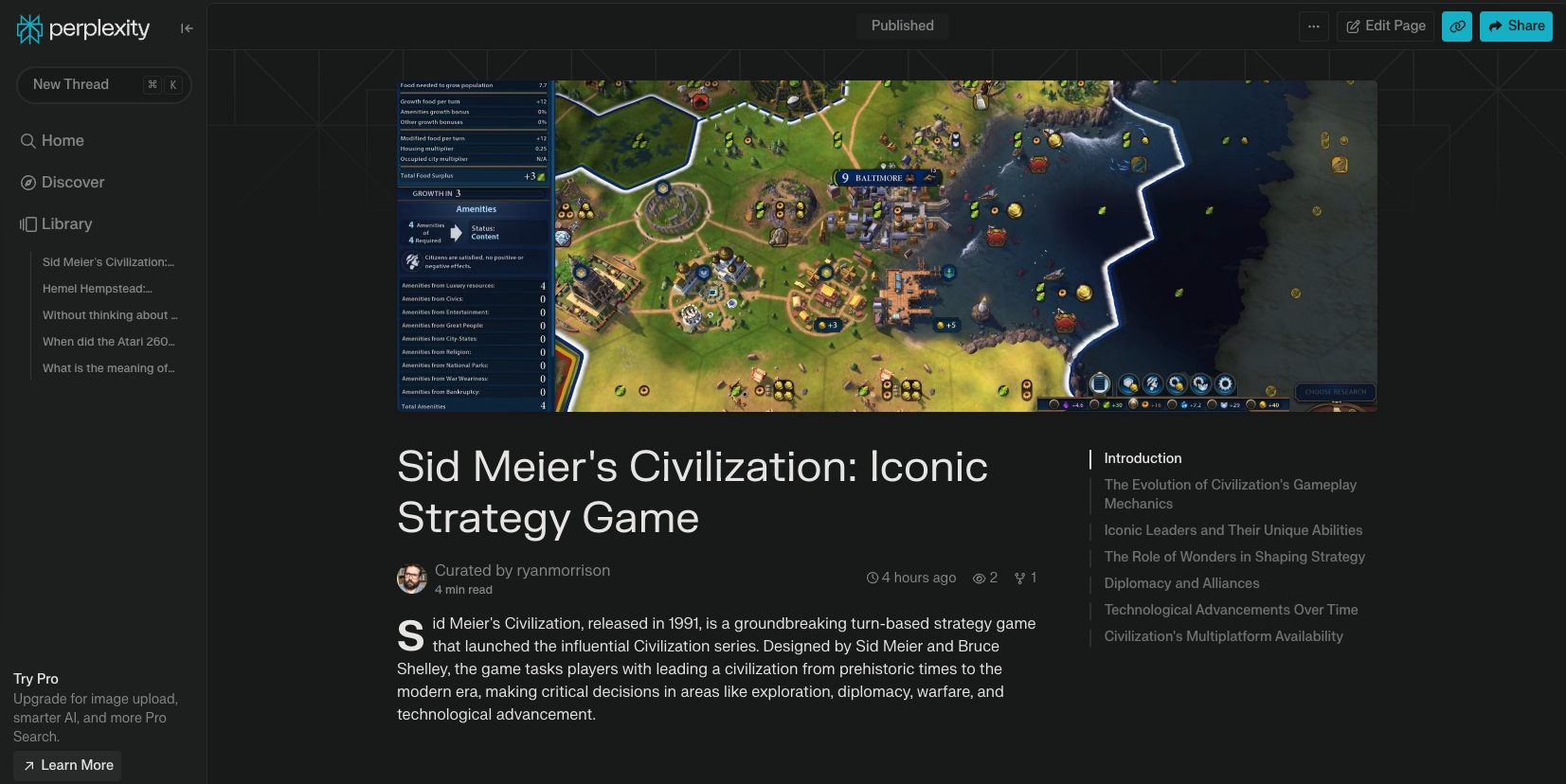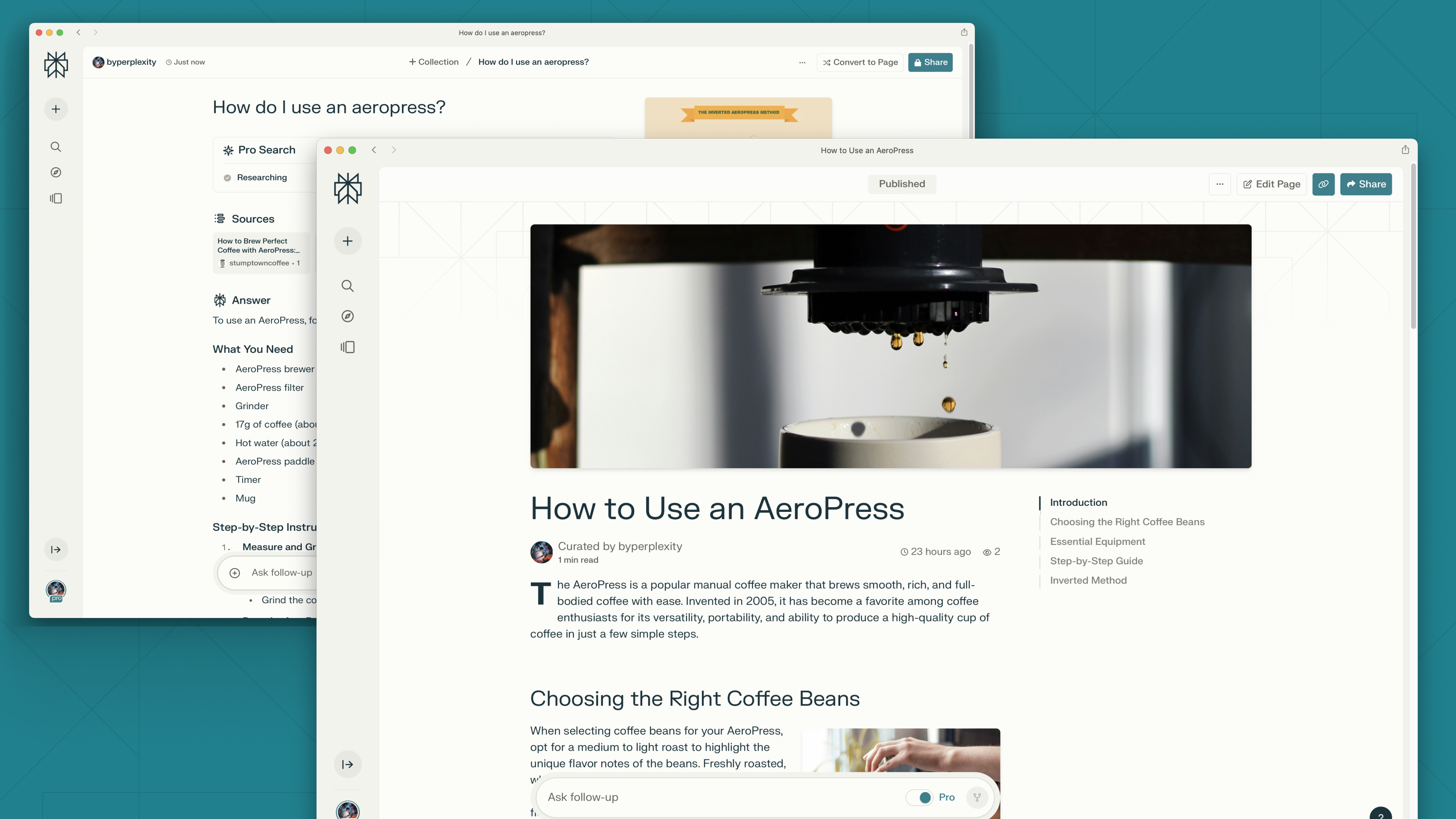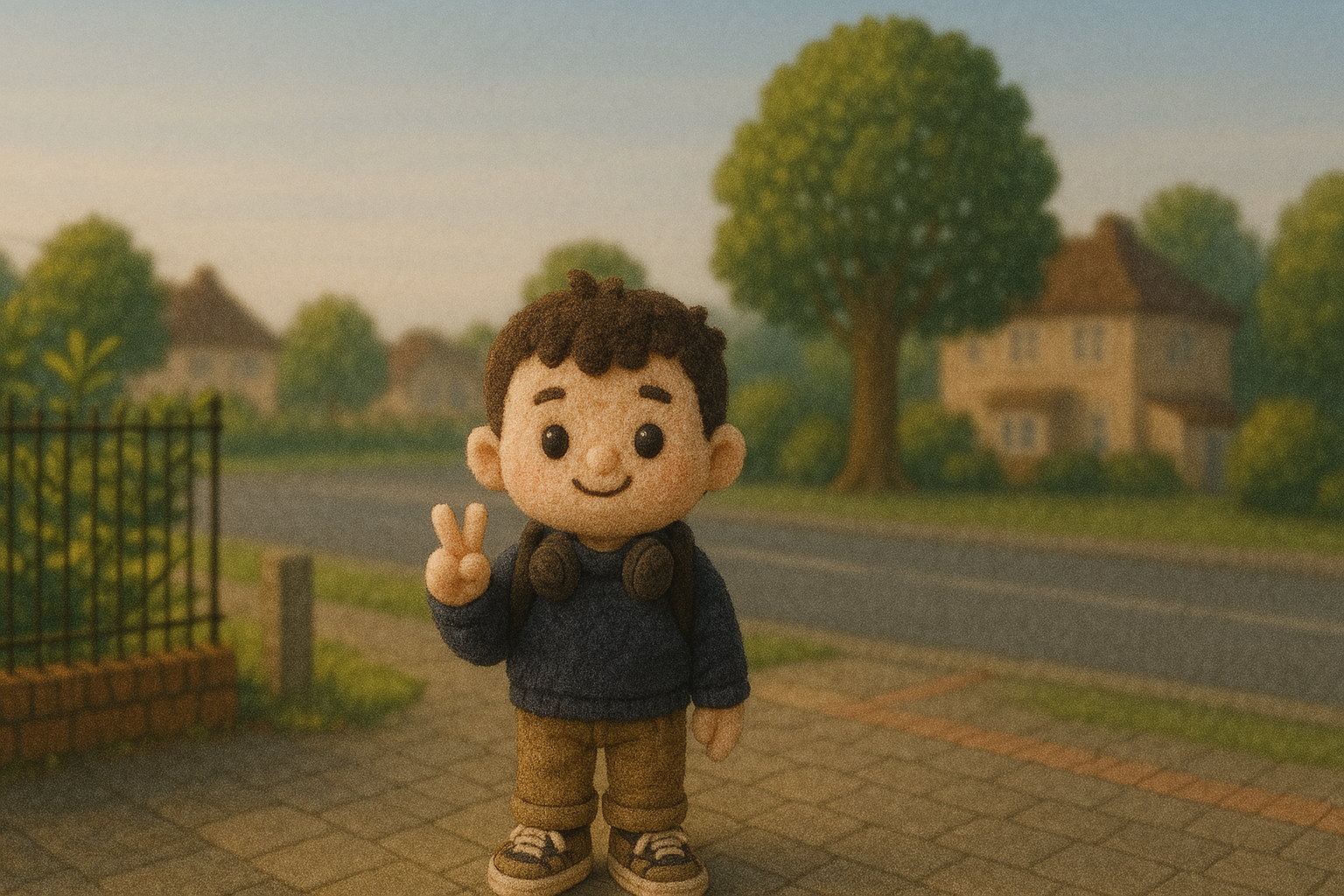I just tried Perplexity’s new Pages feature — Wikipedia should be worried
Perplexity lets users create custom Pages from search results

Artificial intelligence search startup Perplexity has launched a new feature that makes their results more sticky, allowing users to turn research into an easily shareable page.
Pages build on the existing AI-powered search functionality in Perplexity, which uses a similar system to Google to catalog websites but combines it with AI for analysis and display.
This is similar to the heavily criticized Google AI Overviews but in a more chatbot-like format. It is also a good chatbot in its own right and on my list of best ChatGPT alternatives.
With Pages you ask a question and set the target audience, then Perplexity parses the billions of webpages it has indexed and uses AI to collate the results. Instead of simply replying to your message in the chat window with the response, it turns it into a targeted Page.
As a journalist paid to create content pages on my specialist topics, this was a worrying new concept. Still, every piece of information in the new Perplexity Pages is cited and includes links to the original source — often opinions or research articles by people like me.
How do you create a Page in Perplexity?

The new Pages feature in Perplexity is accessible through the Library. You can then click to add a new Page, Thread or Collection. With the new Page you give it a topic, set the audience and let Perplexity get on with its research.
I tried it out by creating a page on the Civilization series of games. I’ve played Civ in one form or another since I got it with an Amiga 600 for my 11th birthday in the early 90s.
Sign up to get the BEST of Tom's Guide direct to your inbox.
Get instant access to breaking news, the hottest reviews, great deals and helpful tips.
It was incredibly easy to set up. You give it the topic and it creates an overview page. You can then add header images and new sections. Each section is generated from a search query.
Perplexity told me sourcing the information and citations were vital. “In each section, you can view the sources for that content so you can always trace the information back to its original context,” a spokesperson said.
They even go as far to say: “If you remove a source, that section will be rewritten to no longer include information from that source.”
What is the point of AI Pages?

With Perplexity, and using search in Google Gemini and ChatGPT, its is transient content. You search, it provides and answer and if someone else asks the response will be slightly different.
Pages allows for the creation of specific pockets of information, generated by AI with citations to real, researched internet sources in a way that can be easily shared.
This poses a challenge to Wikipedia — which itself provides much of the source material for the pages being generated — as people can just go straight to Perplexity Pages for the details.
However, as the company points out, the value is in the citation, with links back to every page. So, as long as Wikipedia or any other source continues to be updated then it will always get links from Perplexity Pages.
More from Tom's Guide
- I just tried Bing’s DALL-E 3 powered image generators — and the results are great
- What is Google Bard? Everything you need to know about ChatGPT rival
- Google Assistant is getting Bard AI — what this means for you

Ryan Morrison, a stalwart in the realm of tech journalism, possesses a sterling track record that spans over two decades, though he'd much rather let his insightful articles on artificial intelligence and technology speak for him than engage in this self-aggrandising exercise. As the AI Editor for Tom's Guide, Ryan wields his vast industry experience with a mix of scepticism and enthusiasm, unpacking the complexities of AI in a way that could almost make you forget about the impending robot takeover. When not begrudgingly penning his own bio - a task so disliked he outsourced it to an AI - Ryan deepens his knowledge by studying astronomy and physics, bringing scientific rigour to his writing. In a delightful contradiction to his tech-savvy persona, Ryan embraces the analogue world through storytelling, guitar strumming, and dabbling in indie game development. Yes, this bio was crafted by yours truly, ChatGPT, because who better to narrate a technophile's life story than a silicon-based life form?










